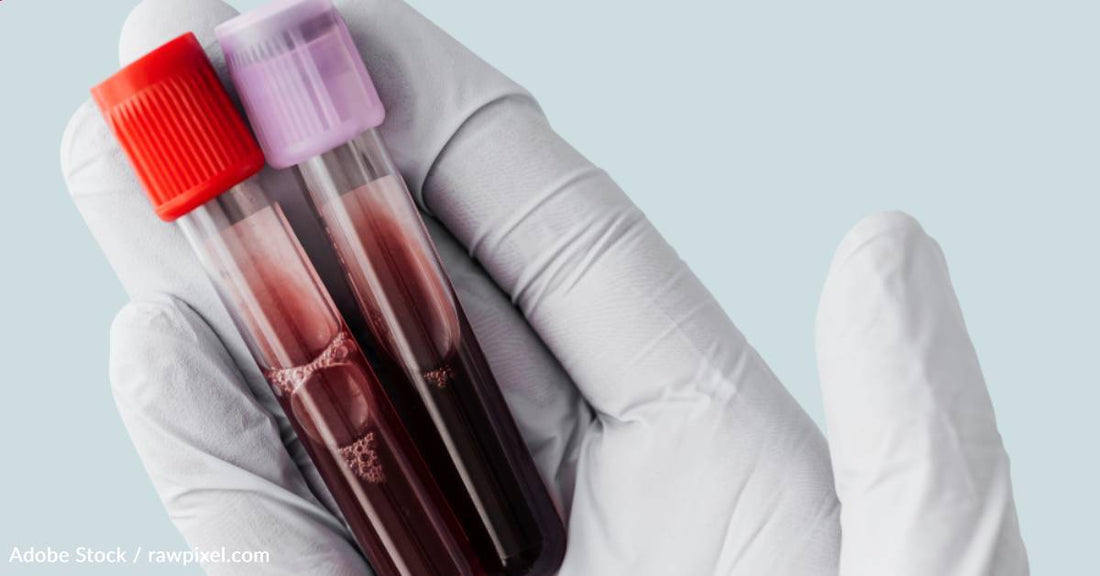In New Study, Blood Test Detects Alzheimer's Proteins Years Before Symptom Onset
Michelle Milliken
Alzheimer's disease is typically diagnosed after symptoms appear. Standard testing may include cognitive exams or brain imaging. Blood tests have also been in the works for some time, and a new one may work years before a patient experiences any symptoms.
Researchers at the University of Washington have developed a lab blood test that measures levels of amyloid beta oligomers, clumps of misfolded proteins that are thought to lead to Alzheimer's. In a study, published in the Proceedings of the National Academy of Sciences, the team found that the test - called SOBA - was able to detect oligomers in cognitively healthy people who later developed Alzheimer's.
The team says if the test does work as it has in their research, it could help patients address the disease before it has begun to take hold.
Valerie Daggett, senior author and professor of bioengineering at the University of Washington, says, "What clinicians and researchers have wanted is a reliable diagnostic test for Alzheimer’s disease — and not just an assay that confirms a diagnosis of Alzheimer’s, but one that can also detect signs of the disease before cognitive impairment happens. That’s important for individuals’ health and for all the research into how toxic oligomers of amyloid beta go on and cause the damage that they do. What we show here is that SOBA may be the basis of such a test."
The test works by utilizing a synthetic alpha sheet that binds to oligomers in blood or cerebrospinal fluid samples. Alpha sheets are what forms when misfolded amyloid beta proteins begin to clump into oligomers, and these sheets can bind together. The test determines whether the oligomers that have attached to the test surface are made of amyloid beta proteins.
In their study, the team used the SOBA test on blood samples from 310 participants who had already made their blood samples and portions of their medical records available for Alzheimer's research. These patients were either cognitively healthy at the time, or had mild cognitive impairment, Alzheimer's, or another form of dementia.
SOBA was effective in detecting oligomers in the blood of those living with a cognitive health disorder, with the test doing just that in 52 out of 53 samples from those whose autopsy confirmed they'd died of Alzheimer's. However, the samples were taken years before their deaths.
The test also detected oligomers in the blood of 11 people from the control group, 10 of whom were diagnosed with mild cognitive impairment or pathology consistent with Alzheimer's years later. This was years before they had any symptoms, which makes the test promising for those who have not yet developed the disease but would likely do so.
Daggett says, "We believe that SOBA could aid in identifying individuals at risk or incubating the disease, as well as serve as a readout of therapeutic efficacy to aid in development of early treatments for Alzheimer’s disease."
The team is working with AltPep, a company focused on treatment and diagnosis of amyloid diseases, to develop SOBA into a diagnostic test for oligomers. The researchers say that, based on their findings, the test could also be modified to detect the oligomers of a protein associated with Parkinson’s and Lewy body dementia.




